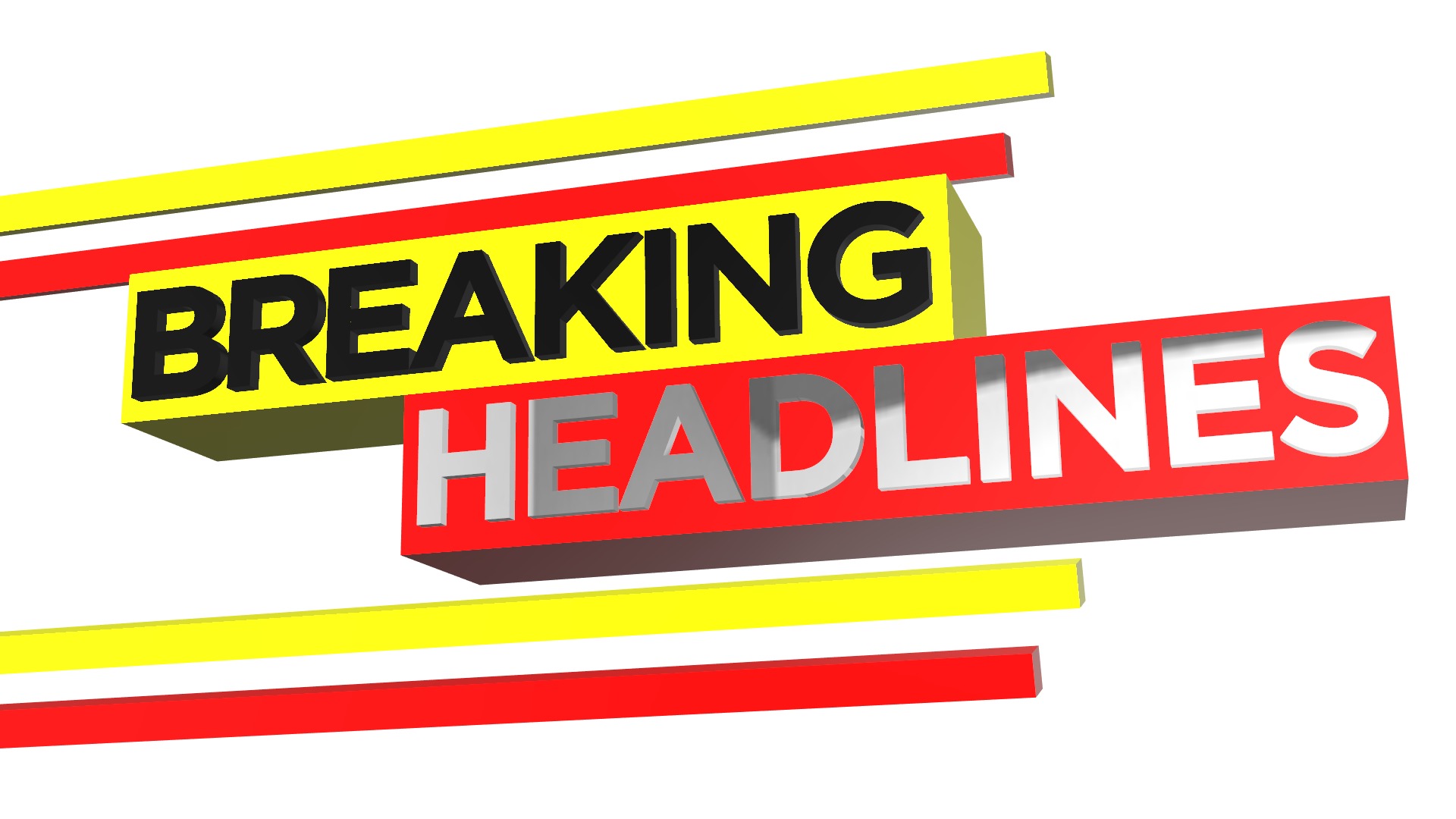
In today's fast-paced digital age, news headlinesplay a crucial role in shaping public perception, influencing opinions, and driving the global conversation. As we scroll through newsfeeds and tune in to various media outlets, headlines serve as the first point of contact, determining whether we click to learn more or simply move on. This article aims to delve into the intricacies of news headlines, exploring their impact, challenges, and the evolving landscape of journalism.
The Power Of Headlines
News headlines hold immense power in capturing attention and conveying information succinctly. In a world inundated with information, individuals often rely on headlines to quickly gauge the significance of a story. Effective headlines can spark curiosity, elicit emotional responses, and prompt further exploration into the details of a news article.
However, this power comes with great responsibility. Headlines not only shape public perception but can also influence the spread of misinformation. Sensationalism, clickbait, and biased language are pitfalls that journalists must navigate carefully to maintain the integrity of the news.
The Challenge Of Objectivity
One of the perennial challenges in crafting headlines is achieving objectivity. Journalists strive to present information without bias, allowing readers to form their own opinions based on facts. However, the nuances of language and the inherent subjectivity in word choices can inadvertently introduce bias.
As readers, it is crucial to be aware of the potential for bias in headlines and to seek out multiple sources to gain a more comprehensive understanding of an issue. Additionally, media literacy education plays a vital role in empowering individuals to critically analyze news headlines and discern between factual reporting and opinion.
The Rise Of Clickbait Culture
In the digital era, the competition for clicks and online engagement has given rise to clickbait culture. Clickbait headlines are designed to lure readers in with sensational language or provocative statements, often at the expense of accuracy or nuance. While clickbait may drive short-term traffic, it undermines the credibility of journalism and erodes trust in media outlets.
Media organizations face the challenge of balancing the need for online visibility with the responsibility to provide accurate and informative content. Striking this balance requires a commitment to ethical journalism practices and a focus on delivering value to readers beyond mere click-through rates.
The Evolving Landscape
Advancements in technology, including artificial intelligence and algorithms, are transforming the way news is curated and consumed. Personalized news feeds tailor content based on user preferences, potentially creating information bubbles that reinforce existing beliefs.
As we navigate this evolving landscape, it is essential for both journalists and readers to remain vigilant. Journalists must adapt to new technologies while upholding the principles of accuracy, fairness, and impartiality. Readers, in turn, must actively seek diverse perspectives and be discerning consumers of information.
Conclusion
News headlines are the gateway to information in our interconnected world. While they hold the power to inform, educate, and engage, they also pose challenges related to bias, sensationalism, and the evolving digital landscape. As responsible consumers of news, it is incumbent upon us to approach headlines with a critical eye, fostering media literacy and supporting journalism that upholds the highest standards of integrity. By doing so, we can contribute to a more informed and resilient society in the face of an ever-changing news landscape.